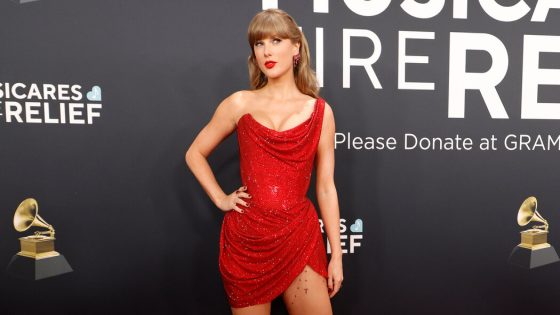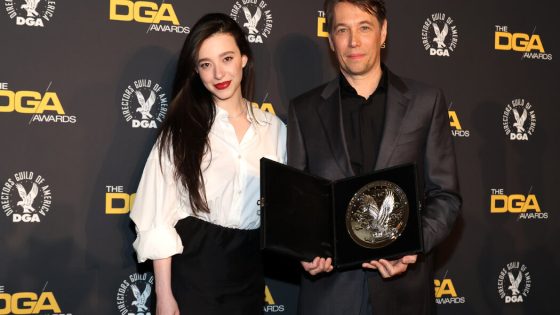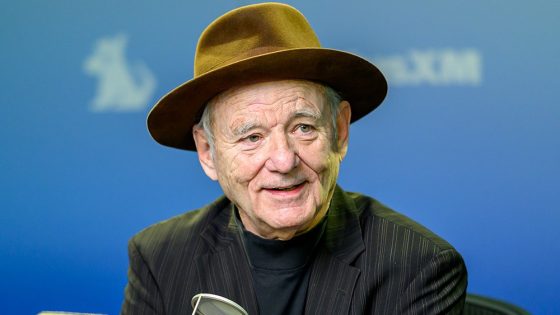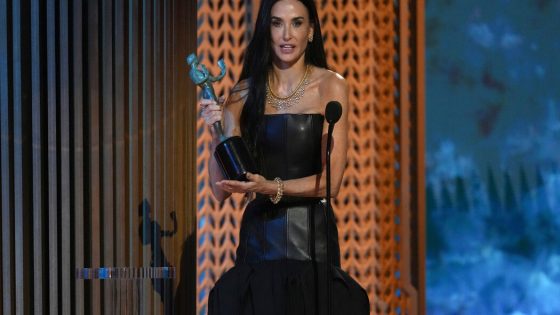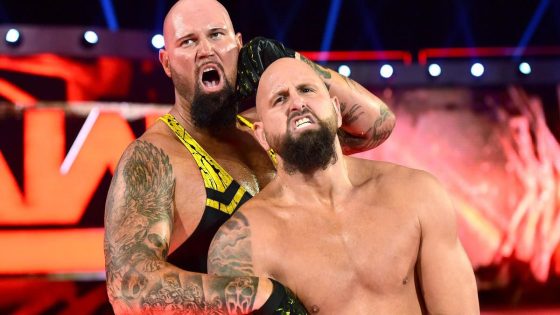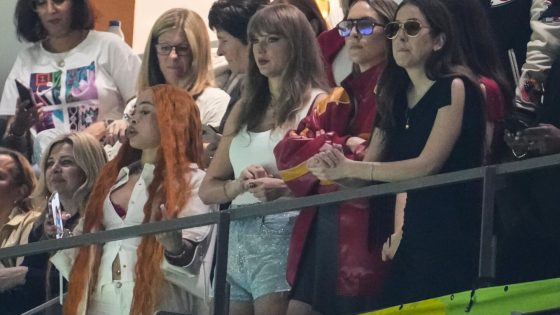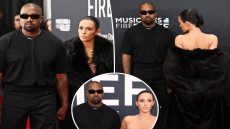Karla Sofía Gascón has recently claimed that a viral tweet where she allegedly called her “Emilia Pérez” co-star Selena Gomez a “rich rat” is entirely fake. This statement comes after Gascón faced backlash for her past controversial tweets, raising questions about the authenticity of social media narratives.
- Karla Sofía Gascón denies calling Selena Gomez names.
- Gascón claims viral tweet is fabricated.
- Controversial tweets resurfaced, causing backlash.
- Gascón's Instagram response addressed misinterpretations.
- She defends herself against accusations of racism.
- Interview with CNN en Español was arranged by Gascón.
On February 2, 2025, Gascón firmly denied the accusation, stating, “Of course that’s not mine,” during an interview. Is social media twisting the truth?
Karla Sofía Gascón Defends Herself Against Viral Tweet Controversy
Why do false claims spread so quickly online? Gascón’s denial of the tweet has ignited a debate about the impact of social media on public perception. In her interview, she expressed frustration over being misrepresented and emphasized her commitment to social justice.
Understanding the Impact of Social Media on Celebrity Reputation
In today’s digital age, social media can make or break a celebrity’s reputation in an instant. Gascón’s situation serves as a reminder of how quickly misinformation can spread. Here are some key points to consider:
- Social media can distort reality, leading to false narratives.
- Public figures often face scrutiny based on unverified claims.
- Engagement with fans can be affected by negative portrayals.
- Accountability for misinformation is crucial in maintaining trust.
Karla Sofía Gascón’s Response to Controversy
Gascón took to Instagram to clarify her stance, asserting that her words were manipulated. She stated, “Anyone who knows me knows that I am not a racist.” This underscores the importance of context in understanding public statements.
The Role of Media in Shaping Public Opinion
Media outlets play a significant role in how stories are perceived. Gascón’s situation illustrates how headlines can mislead audiences. It raises the question: how often do we take headlines at face value without seeking the full story?
In conclusion, Gascón’s experience is a cautionary tale about the power of social media and the importance of verifying information before forming opinions. As fans and followers, we must remain vigilant and critical of the narratives presented to US.





